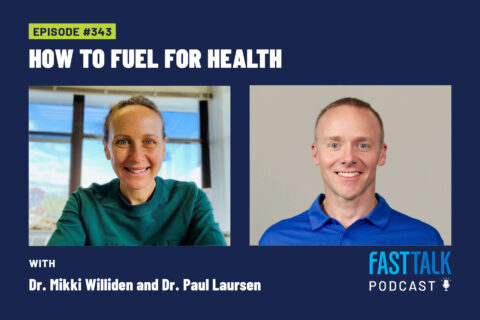
How to Fuel for Health
There’s an important difference between fueling for performance and fueling for health. In this episode, Dr. Mikki Williden and Dr. Paul Laursen give their suggestions on how to fuel for health.
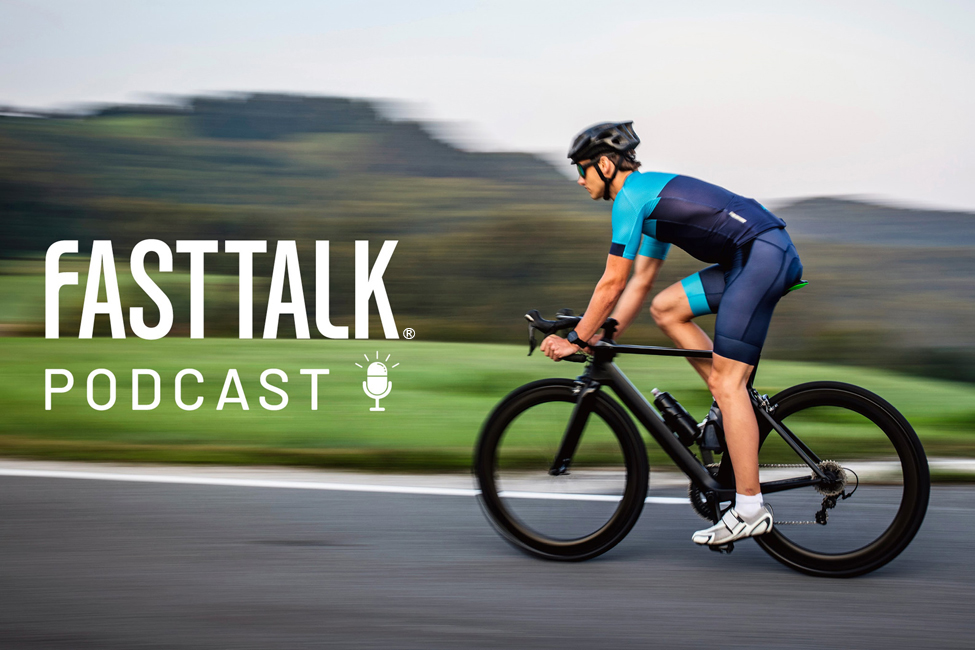
The Fast Talk Podcast focuses on the science of endurance sports in a conversational and informative style. Mixed into the deep discussions, there are tips and takeaways regarding endurance training philosophy, human physiology, workout design, performance nutrition, and sport psychology.
Our hosts Trevor Connor and Rob Pickels explore these topics with world-class, leading experts on endurance sports. These include researchers like Dr. Stephen Seiler, Dr. Bent Ronnestand, Dr. Inigo San Millan, as well as coaches such as Joe Friel, Neal Henderson, Stacy Sims, and Grant Holicky.
Subscribe to Fast Talk for over 275 episodes on Apple Podcasts, Google Podcasts, Overcast, Soundcloud, Spotify, Stitcher, and on your favorite podcasting app.

There’s an important difference between fueling for performance and fueling for health. In this episode, Dr. Mikki Williden and Dr. Paul Laursen give their suggestions on how to fuel for health.
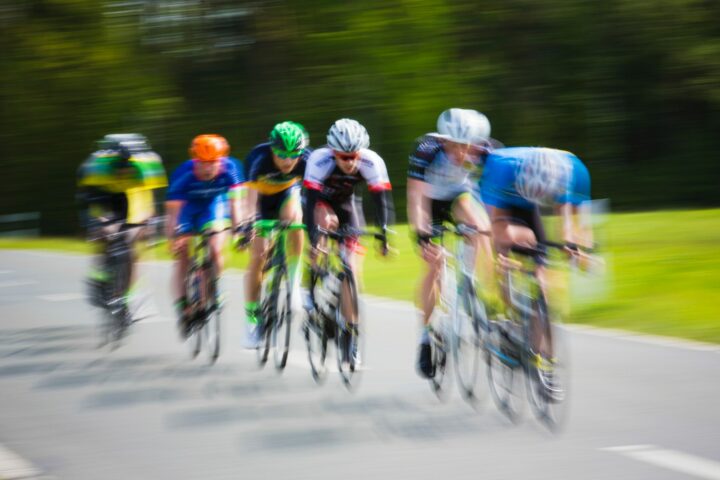
High-intensity training offers many benefits. It also has limitations. We explore just how much HIT work you need to perform at your best.
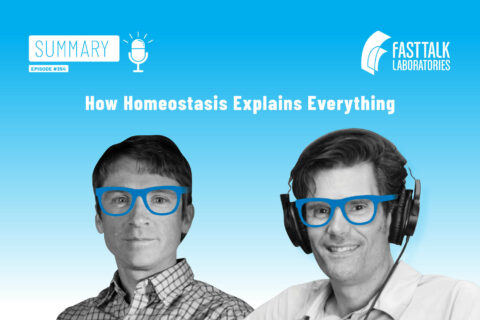
In this summary episode we discuss how homeostasis is at the core of almost every function in our bodies, including how we train and stay healthy.
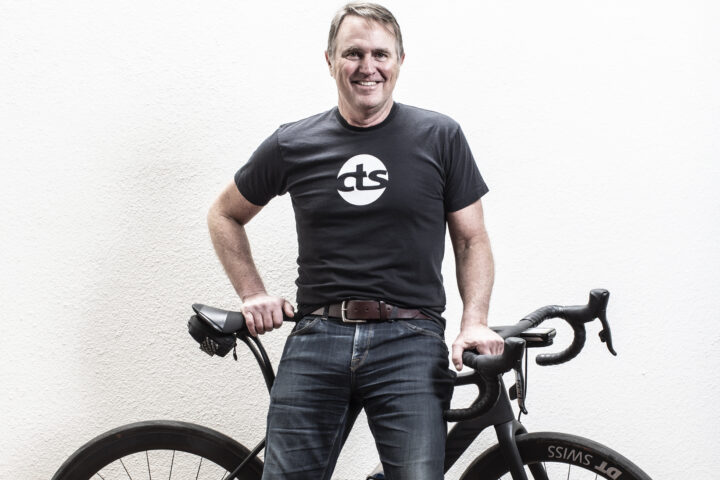
The author of The Time-Crunched Cyclist joins Fast Talk to discuss the science, merits, and limitations of the time-crunched training method.

Nerd Lab! In this episode, Mr. Pickels nerds out with Coach Trevor Connor for a deep dive into new scientific research findings.

Should we modify how, where, and when we train based on our potential exposure to pollutants?
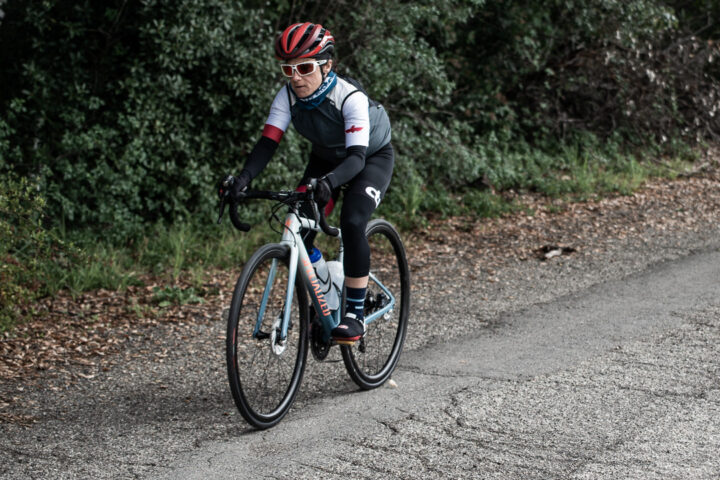
With the help of CTS coach Renee Eastman, we field questions on injury, the power of consistency, weight vs. power, and fast-twitch fibers.
Should you pay attention to the numbers on your head unit while you’re racing? If so, which ones, and when? We dive in with TrainingPeaks co-founder Dirk Friel.

High-intensity training offers many benefits. It also has limitations. We explore just how much HIT work you need to perform at your best.
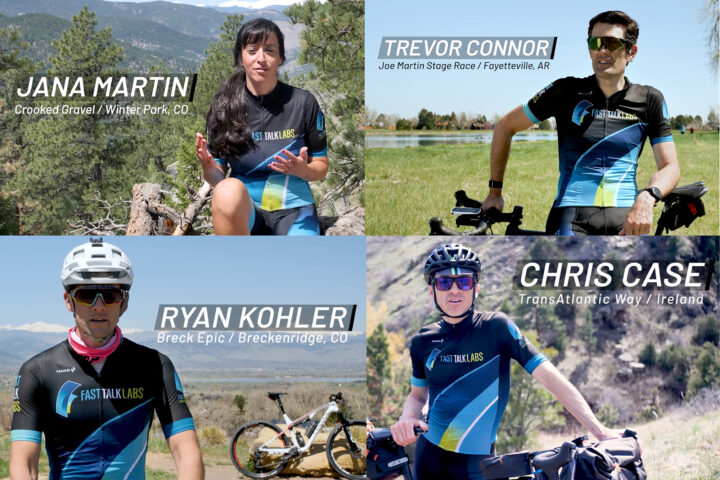
Making a mid-season assessment of your training, and effectively modifying it (if needed), takes skill and confidence. We discuss how to do it, particularly when it comes to structure, recovery, limited time, and top-end form.
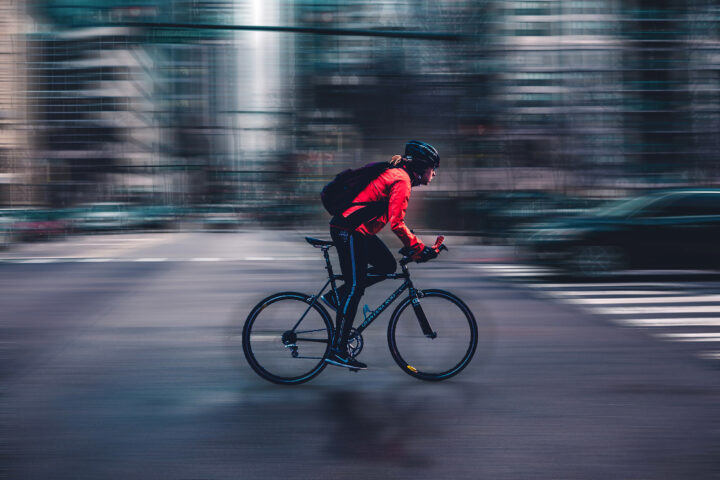
Can cycling twice in one day produce the same benefits as one long ride? Do “two-a-days” yield adaptations you can’t get any other way? We explore.
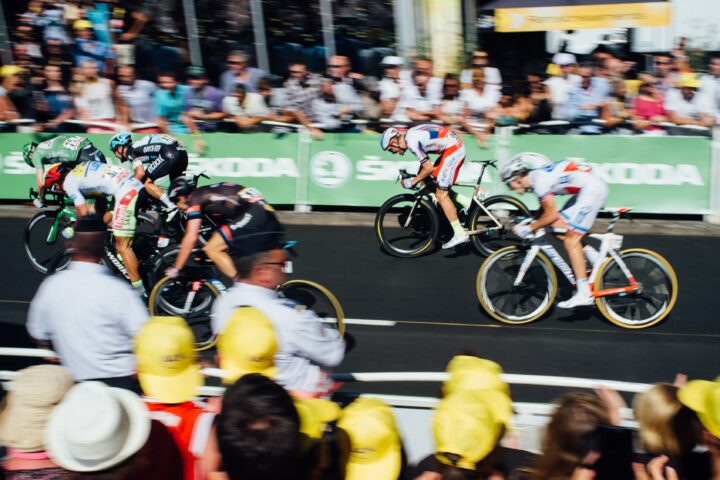
We explore the physiology of race season—how to find top-end fitness, how long it takes, and the best ways to do it.
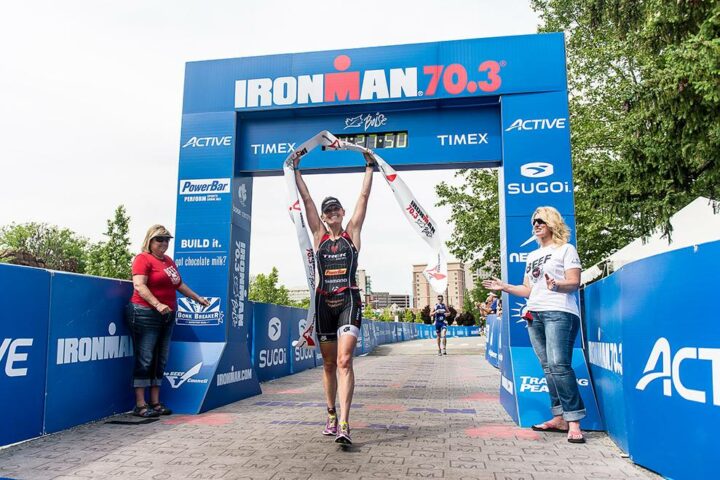
Three-time XTERRA world champion and owner of MelRad Coaching, Melanie McQuaid, joins us to discuss how to judge fatigue, the effects of overtraining, and the “crossover effect.”
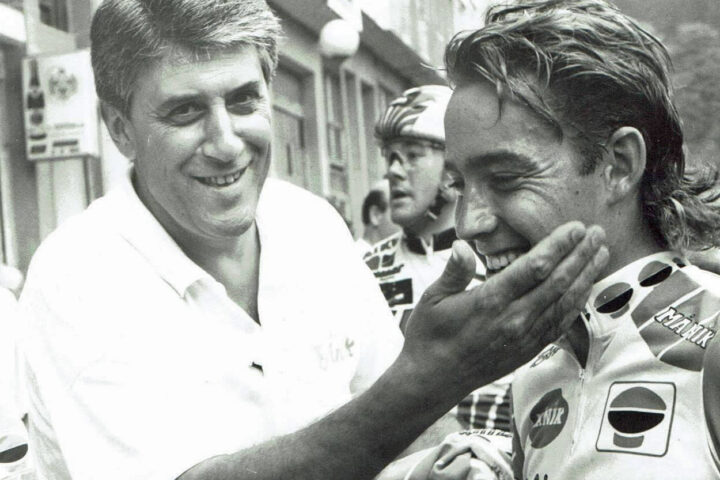
With regard to physiology principles, what has and has not changed since the 1980s? We compare the science, equipment, and analysis software, then and now. Which decade wins? Stay tuned.
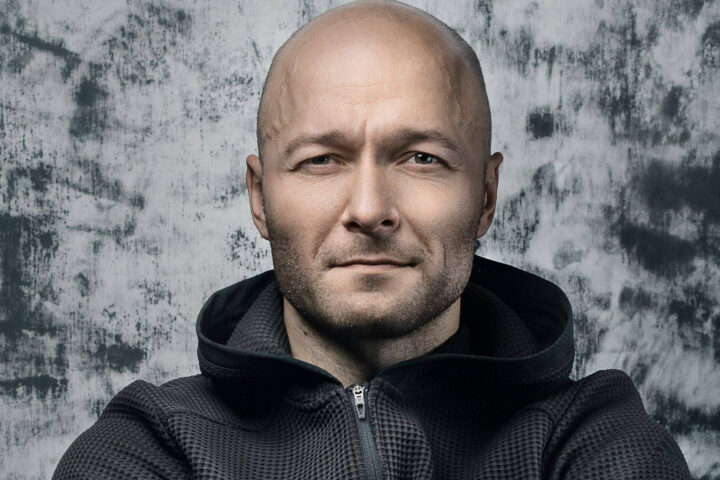
Janis Musins helps us answer questions on time trial pacing, TT position, INSCYD testing, and the coach-athlete relationship.
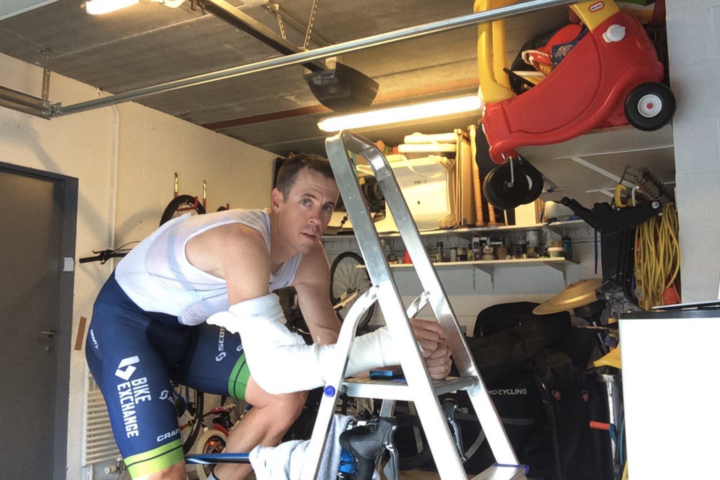
We discuss the physical and mental aspects of safely and effectively returning to the bike after an injury.
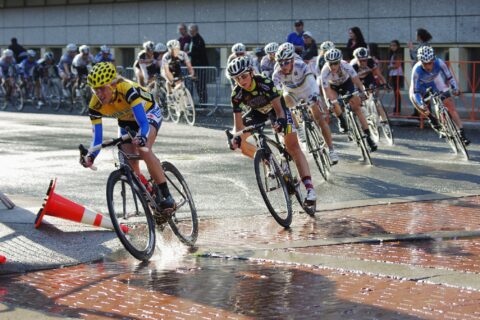
Former Fast Talk guests including Ted King, Lindsay Golich, and Kristin Armstrong discuss their favorite workouts and their benefits.
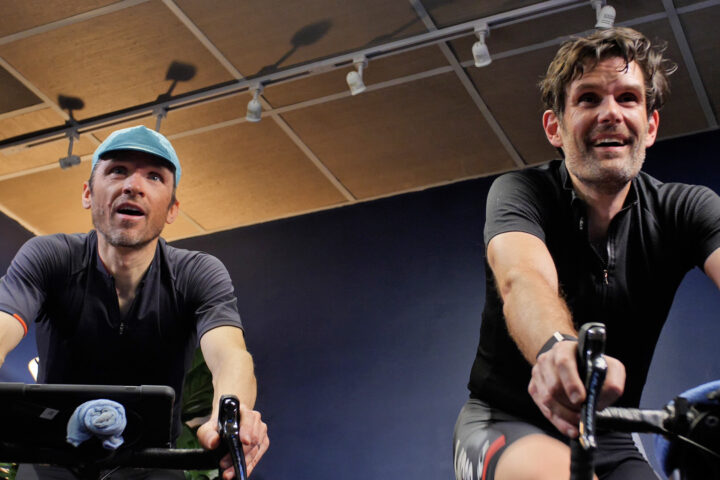
We compare and contrast various test methods based on three key aspects: 1) the protocol, 2) the data the test provides, and 3) the analysis you can perform with that data.
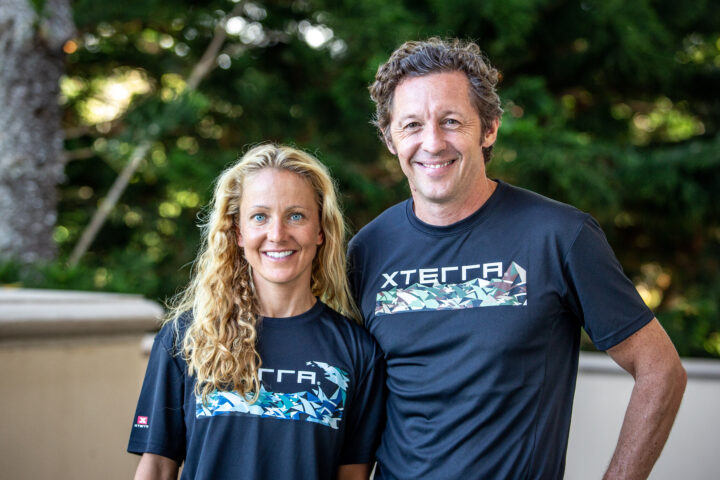
We discuss the underlying principles of an athlete’s psychological welfare, and why our thoughts and feelings are simply emergent properties of brain and nervous system physiology.
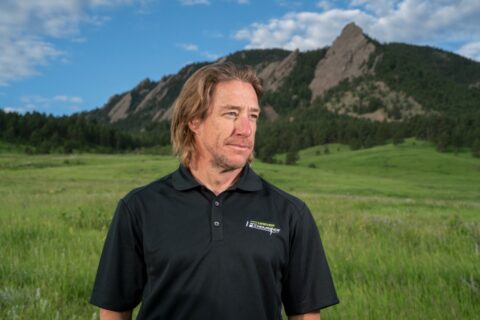
We address questions on how to train grit for race situations, if you can safely override the central governor, and training for a five-day stage race.
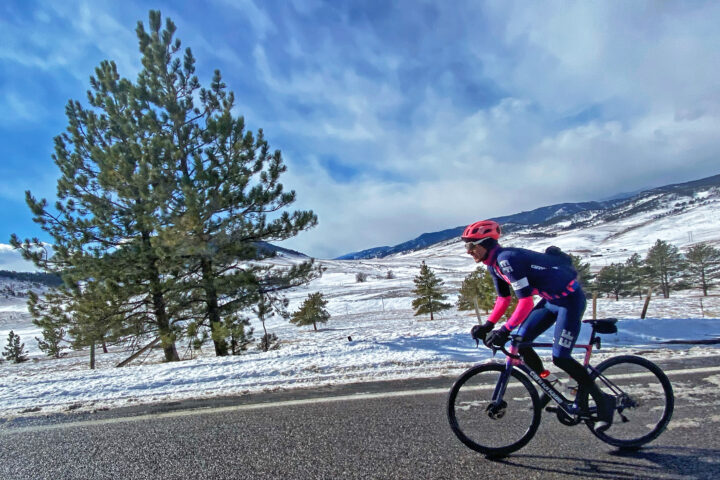
We explore how athletes can evolve and find more fulfillment from their sport with pro cyclist Lachlan Morton
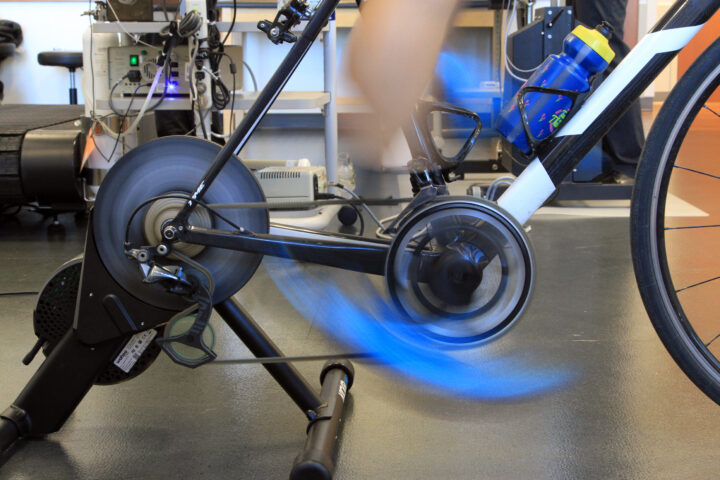
We review four recent studies from the scientific literature, addressing the hypotheses, methods, and conclusions of each to give you a greater understanding of the latest findings in endurance research.